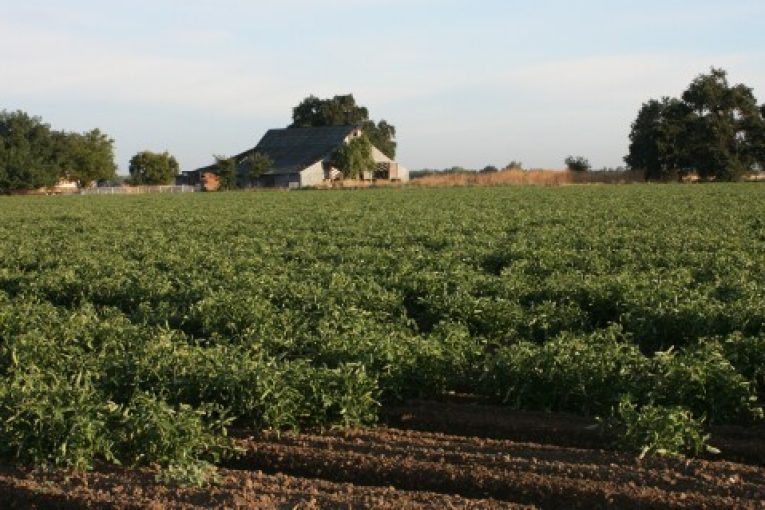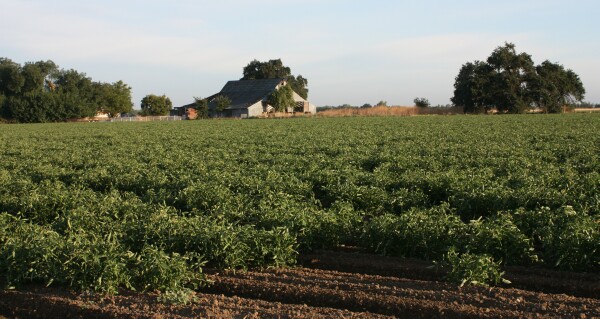

By David M. Greenwald
Executive Editor
Davis, CA – With four potential Measure J projects lining up on the horizon, one key question before council was which project they would move forward for consideration of the voters for November 2024. The answer on Tuesday, however, was none of them.
The council in January appointed Will Arnold and Bapu Vaitla to a subcommittee to lay out how the council could proceed on these peripheral projects.
During the meeting on Tuesday, Mayor Arnold noted that since he has been on council in 2016, including the election he was in, there have been six Measure J elections in that time, every election cycle has had one, and four of them have been defeated.
“Those came at a steady one after another pace,” he said. “We are in uncharted territory here where we have several peripheral development proposals that have come in front of us simultaneously and are all jockeying, for lack of a better word, to be the  first one, to be the priority one, to be the one that we take up first and all are targeting November, 2024, as the desired election date, because we know it’s going to be a huge turnout presidential election.”
first one, to be the priority one, to be the one that we take up first and all are targeting November, 2024, as the desired election date, because we know it’s going to be a huge turnout presidential election.”
He noted that there was “an inability to process all of them at once” and said, “Not just that I don’t think it’s a great idea, which I don’t, but it’s not going to happen.”
George Phillips spoke on behalf of the Shriner’s Property.
He told the council, that he believes “none of these projects will make a 2024 November ballot. None of them will be done by June of 2024, unless there’s going to be some shortcuts taken.”
Phillips said that “we would love to have a very transparent process where all of you have the information on all the projects, the public has the information on all the projects. Even the different proponents have the ability to look at each other’s proposals and what’s being made and can figure out what, what is their best and last offer, so to speak, on what they feel they can bring to the table and do for the city. And really do a fair comparison then, and make a choice on with the bandwidth the city has who can advance their project.”
Earlier in the evening, the council decided to consider a revenue measure for the November 2024 ballot.
Bapu Vaitla, who just came onto the council in the last several months, noted, “I’m very very concerned about the revenue side of what’s happening in the city.”
As such he noted, “To me, in terms of the November 2024 ballot, that is my priority, to ensure that the fiscal needs that are unmet right now are met to carry out a community engagement process that’s robust, that’s authentic, that will culminate in a revenue measure, is gonna require a lot of staff time.”
Bandwidth is an issue as well.
“I’m concerned then that staff time is if we do move forward with one or more of these proposals taken away from that revenue effort,” he said. He added, “I’m also aware that, uh, there is a, which we didn’t talk about in the last agenda item, but there’s a ballot measure that’s slated to be, on the statewide ballot that would greatly limit the ability of local governments to raise revenue going forward.”
He said that while “one hopes it loses, but one doesn’t know. So the November 2024 date seems really critical for the future fiscal health of the city, and I’d like to prioritize that above any development proposal.”
Councilmember Josh Chapman asked about the legaility of the city not processing applications.
According to City Manager Mike Webb, he noted that with respect to peripheral developments, they involve “legislative actions of the council” in that rezoning requires a General Plan Amendment as well as rezoning.
“Those are purely discretionary actions on the part of the city council. You have no obligation to pursue those kinds of amendments,” Webb continued. “Therefore whether or not the city is going to review and undertake or even consider any legislative type development proposal like the four that were on the map earlier, is entirely discretionary on the part of the city council.”
For Will Arnold, he noted that Measure J elections are “flashpoints” and “causes of schisms.”
He said, “We see some of the scars of an election that was nearly 20 years ago that are still fresh today.” He continued, “We have repeatedly over the last few years subjected the community to these battles.”
He noted that he thought there would be a benefit to the community of “having at least one election cycle off from one of these fights.”
He added, “The worst possible outcome, in my opinion, is that we fast track, which I think there’s no way around saying we would be fast tracking one of these proposals for a November 2024 election. And in part, because we fast tracked it, it fails after a long, hard fight, we’re going to be right back here, maybe with one fewer of you here in the room, having this exact same conversation in 2025.
“That’s an unacceptable outcome,” he said. “It gives me no pleasure to be the last nail in the coffin here, saying we are intentionally taking November 2024 off the table for one of these elections.”
The mayor at the same time noted that “this is a long-term process that we will be participating in that will hopefully culminate in at least one of these passing and being built, and then another one, and then another one so that we can meet what I imagine will be our 2030 RHNA requirement that is going to require that we go outside of our current city boundaries to meet those numbers.”
The council voted 4-0 to pursue Staff Recommendation 2. They are also going to form a subcommittee of Mayor Arnold and Councilmember Vaitla that will focus on the priorititization of infill policies.
The council did not take up Recommendation 3 and concluded once again that they will not pursue a Measure J project for November 2024.


It looks like it will be at least two years until another project is put forward that will trigger a Measure J vote. Two long years, what will the Vanguard do?
The same thing it’s been doing for the last 10 years – more “housing crisis” articles. Interspersed with more “fiscal crisis” articles, “school crisis” articles, etc.
(At least, that’s what David focuses on. The criminal justice articles seem to be written primarily by others, at this point.)
But within 2 years, I suspect that the failure of the state’s mandates (statewide) will become even more apparent. Isn’t there some kind of saying, “you can’t sue a dead horse”?
No, “one” doesn’t hope it loses, “one” hopes it wins.
https://news.ballotpedia.org/2023/02/03/initiative-to-increase-the-vote-threshold-for-new-or-increased-taxes-in-california-qualifies-for-the-2024-ballot/
A year and a half in advance and the CC won’t even try to put something on the ballot. Total victory for anti-growth. Hope all you people who believe Measure J is workable are happy.
This is a huge mistake by the council. The combination of the two articles today — that the city won’t currently meet its RHNA numbers by infill, and the council won’t be acting to put a project on the Nov 2024 ballot — is practically inviting intervention by the state.
I suggest they focus on why the city is having so much difficulty attracting and retaining staff.
I think this is good news. Developing these parcels poorly is just as bad as not developing them at all in my opinion.
We should take the time provided away from measure J votes to do ACTUAL PLANNING and figure out what we want as a city – rather than just respond to what developers want to build.
That planning needs to start YESTERDAY.
The best case scenario is that we use this time to do that planning, come up with a cohesive vision for the city and how we grow, and then enable a redevelopment BOOM in this city once we have all of that figured out.
What concerns me is that I dont see any indication that the city is actually going to DO that planning.
You ever hear the term: sh#t or get off the pot?
Absolutely the city needs to get it’s General Plan updated and a downtown specific plan created. But what…it’s been like a decade or so since those things started? Meanwhile the rest of the region grows both in population but more importantly economically…..all the while the city of Davis struggles to make ends meet. I might agree with continuing this paralysis by analysis if the council and staff could say….we’re going to have it all the planning updates done in a year…we promise! But yeah….that’s not going to happen. So meanwhile economic opportunities will continue to pass Davis by. And while I don’t personally want more purely residential development; Davis will likely not meet it’s RHNA numbers either.
I wonder if there’s any irony at work; that staff find the cost of living in Davis and housing to be prohibitive and don’t like commuting here. So they find other cities to work where they can reduce their commute and enjoy a slightly higher standard of living.
While I do not believe more market rate housing in Davis will make much difference in term so affordability. I do believe that the city should consider creating public affordable and WORKFORCE housing for city workers: city staff, police, fire fighters…etc..